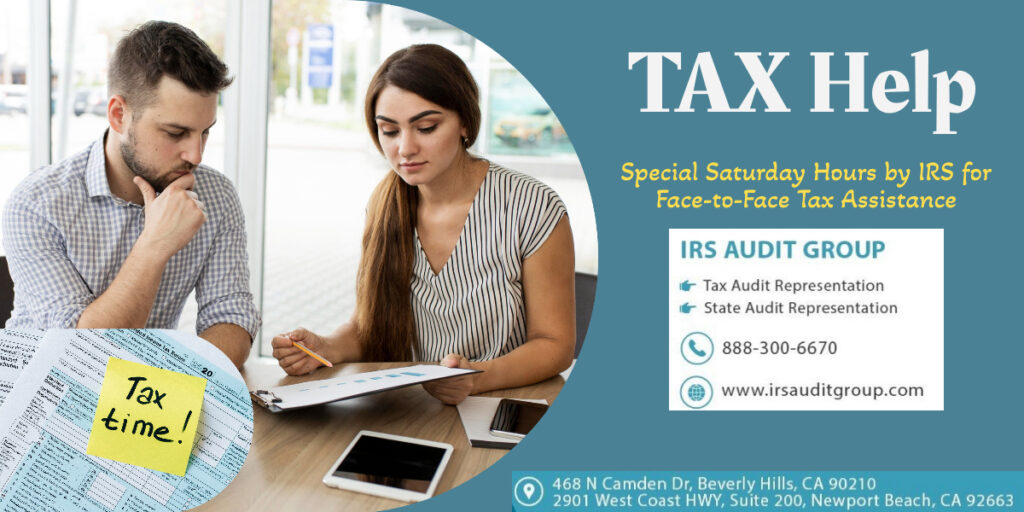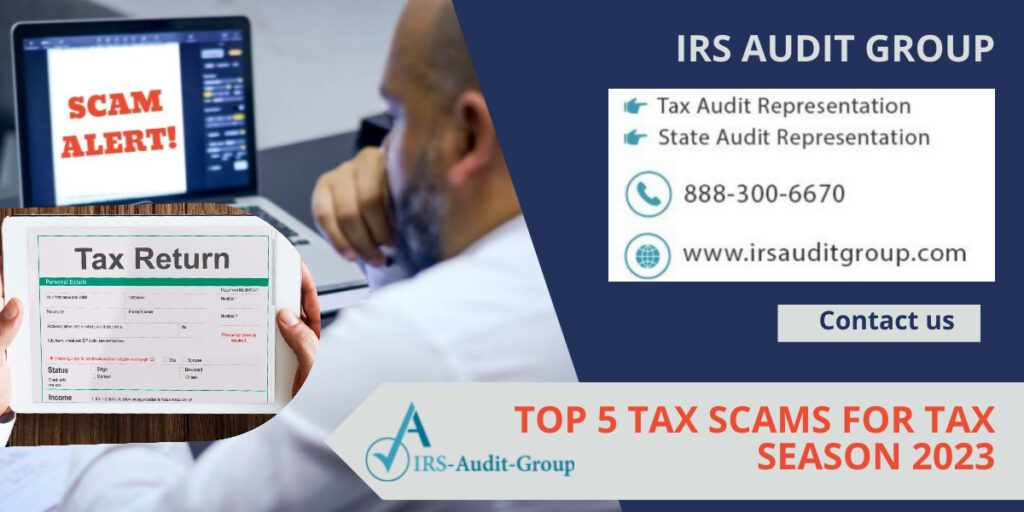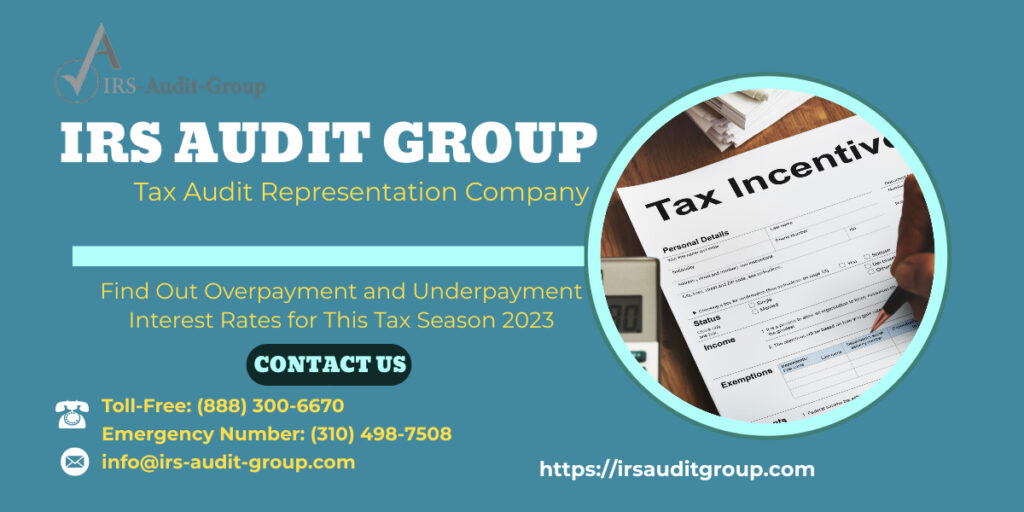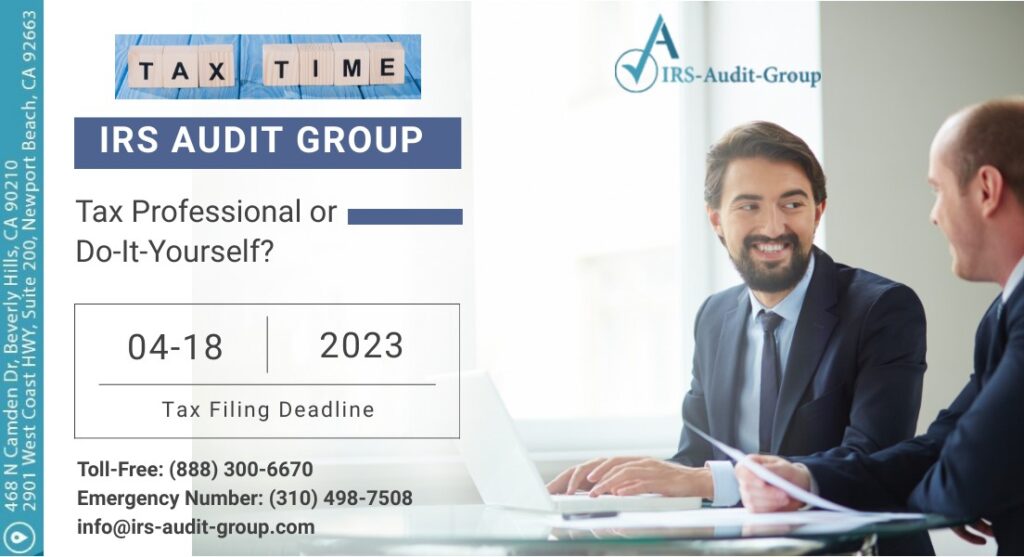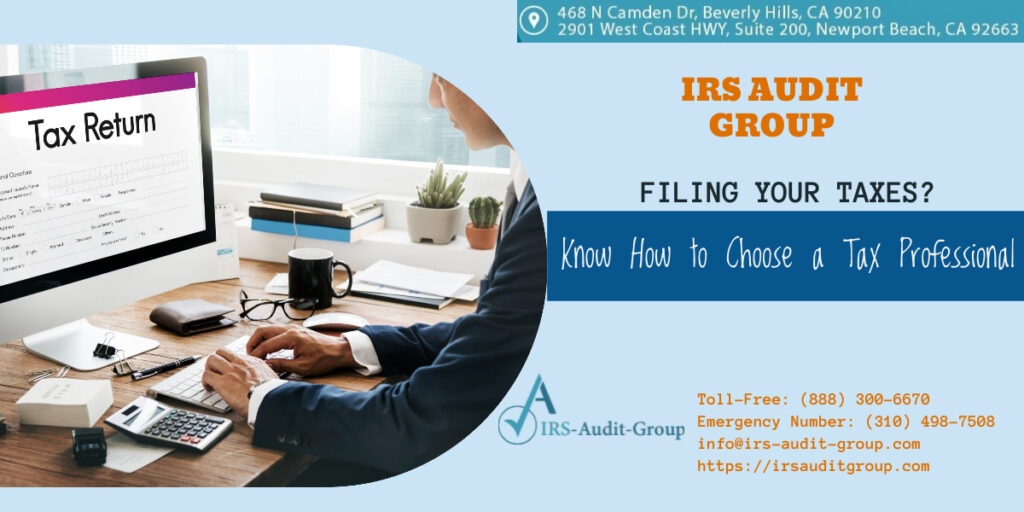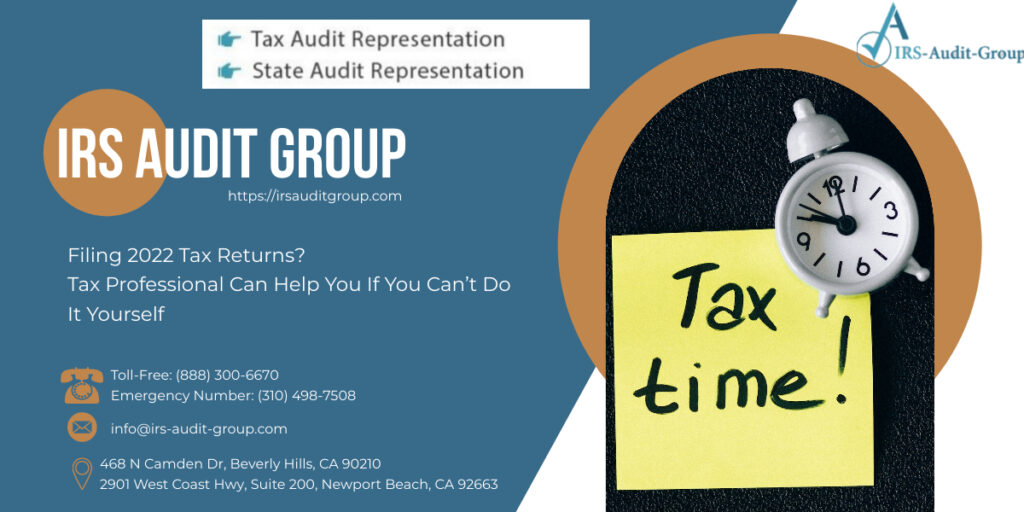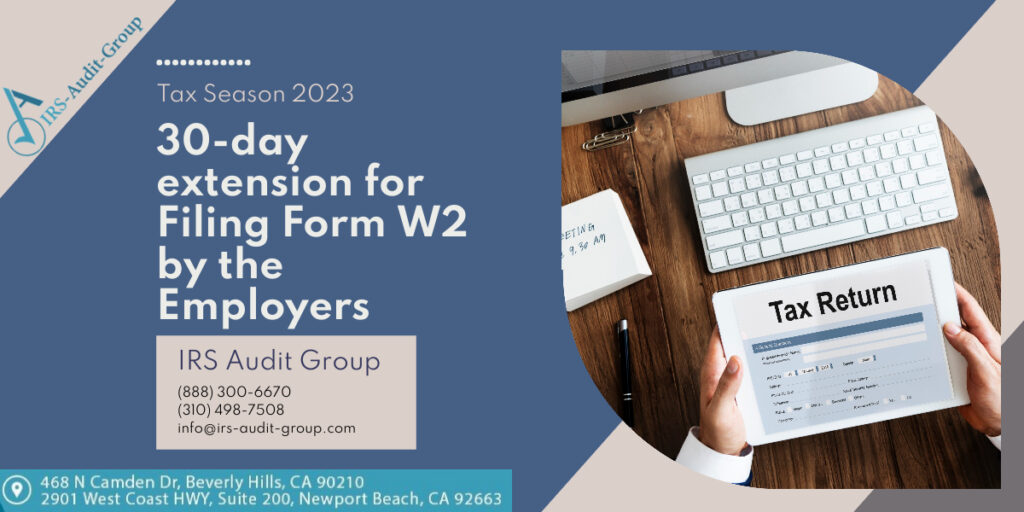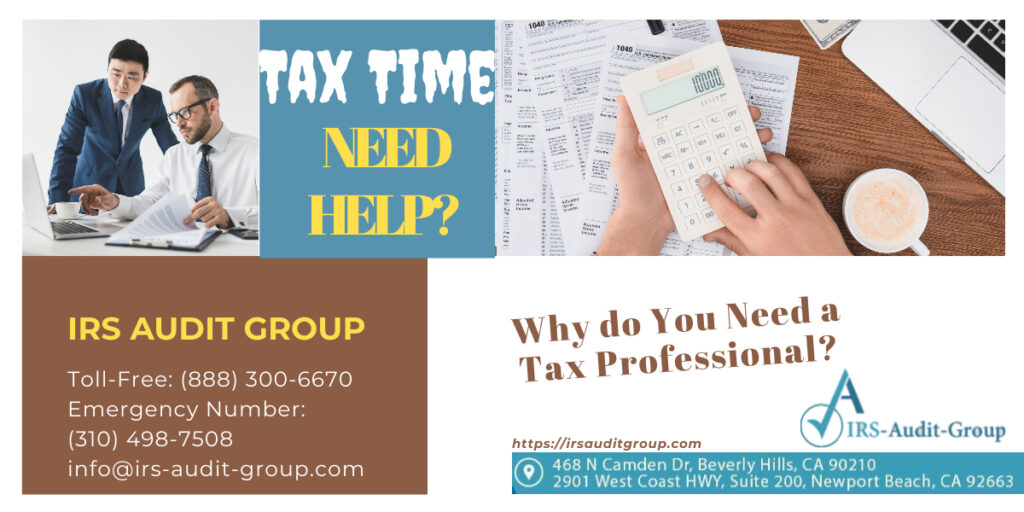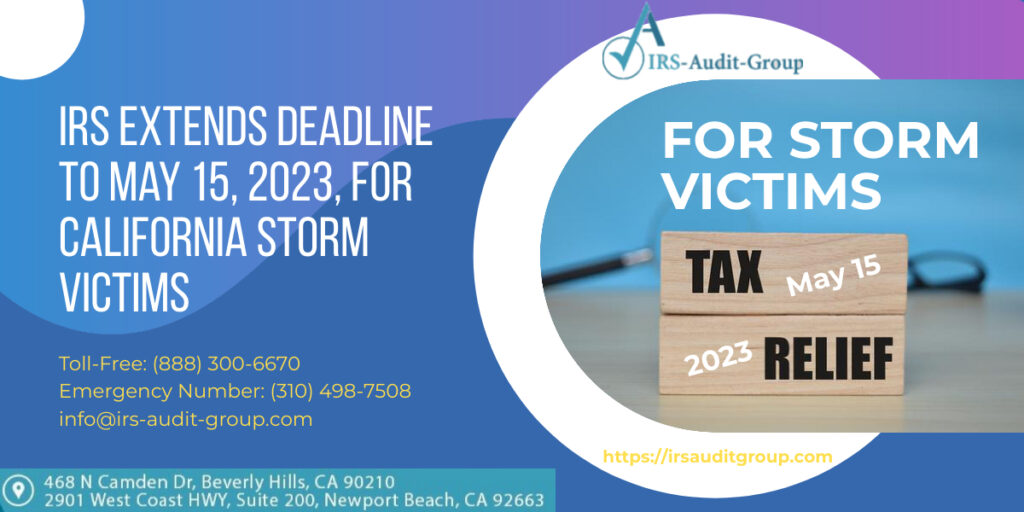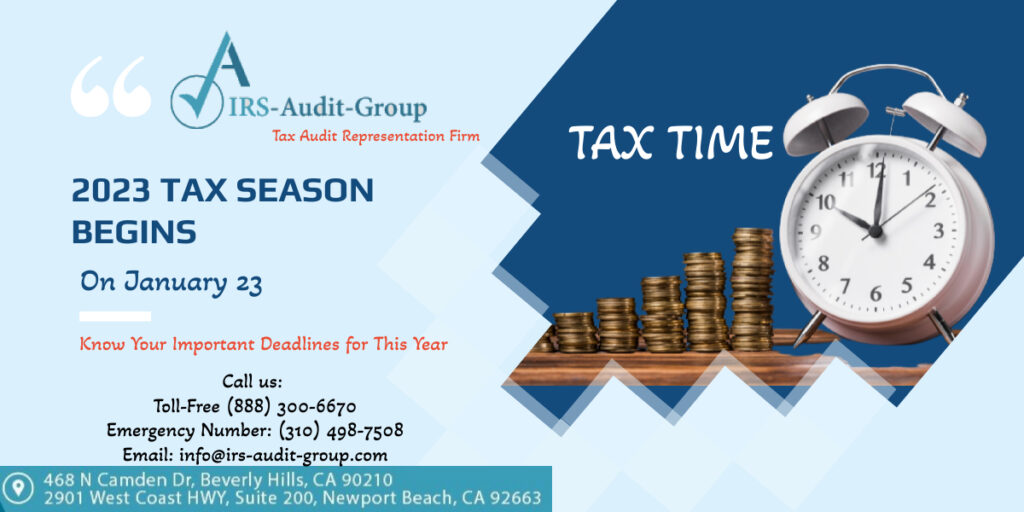The IRS is offering weekend hours to taxpayers as part of the IRS’s larger effort to help people during the tax season 2023. Taxpayers can walk in without appointments to meet the assistance in person and enquire regarding tax filing. They can have any tax-related queries like setting up an online account or getting an Identity Protection PIN among other topics. People can get hands-on assistance from IRS employees at TACs. However, cash payments are not accepted. The special Saturday availability will take place from 9 a.m. to 4 p.m., on Feb. 11, March 11, April 8, and May 13. Detailed locations of the centers are listed on the IRS’s Official Website. But IRS insists taxpayers first visit IRS.gov to check information before visiting the office. They may even find online resources to resolve their tax query.
Special Saturday Services Provided
Taxpayers who have queries about tax bills, IRS audits, or need help in resolving a tax problem can get assistance from the IRS special officers having expertise in those specific areas. IRS Taxpayer Advocate Service employees are to be also available to help with some issues. All services offered at particular TACs are listed on the IRS’s Contact Your Local Office website. Taxpayers should remember that IRS TACs do not provide tax return preparation services, but information regarding free tax preparation choices in the area will be provided.
For non-English speakers, an over-the-phone translation service will provide professional foreign language interpretation in a variety of languages. The IRS employees will schedule appointments at later dates for deaf or hard-of-hearing people who require sign language interpreter services. To schedule an appointment, these people can instead dial 800-829-4059 for TTY/TDD.
What to Bring to the TACs?
Taxpayers should bring the following documents:
- Current government-issued photo identification,
- Social Security cards or ITINs for members of their household, including spouse and dependents (if applicable)
- Any IRS letters or notices received and related documents,
- For identity verification services, two forms of identification and if filed, a copy of the tax returns for the year in question.
- Current mailing addresses and proof of bank account information can also be requested by IRS staff.
Hire A Tax Professional Instead
Taxpayers have different levels of skill, education, and expertise. They may or may not be skilled in tax preparation and accurately filing their income tax return. Despite all the efforts by the IRS, still many taxpayers file their tax returns with inaccurate forms, wrong/missing information, math errors, and more. These errors can lead to higher tax payments and even IRS Audits. Thus, hiring a skilled tax professional will reduce your burden and makes sure that there are no such kinds of errors. Tax professionals prepare your tax returns and provide support related to the payment and reporting of taxes. Tax professionals also advise, provide guidance and support for audits and represent on behalf of taxpayers for trials. Tax professionals provide to help taxpayers minimize their tax bills by utilizing all possible deductions and credits while ensuring they still meet their tax obligations.
IRS Audit Group is a renowned IRS Tax Audit Representation Company. We are a team of tax professionals, Lawyers, CPAs, and Enrolled Agents who specialize entirely in “Tax Audit Representation” and have over 15 years of experience. We collaborate with all IRS offices across the country. We can request that your case be transferred to a local IRS office in Los Angeles, California, as the IRS is a federal agency. Contact us to find out more about our services. https://irsauditgroup.com/contact/
Telephone Number: (310) 498-7508
info@irs-audit-group.com

